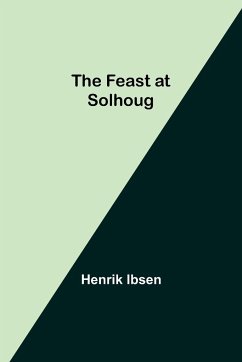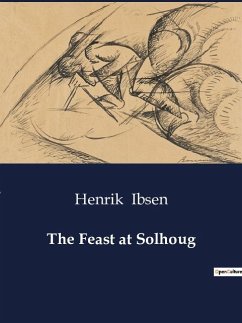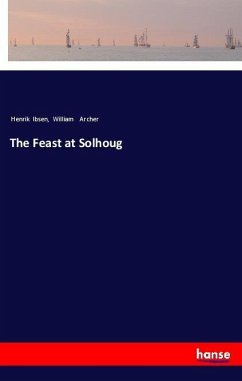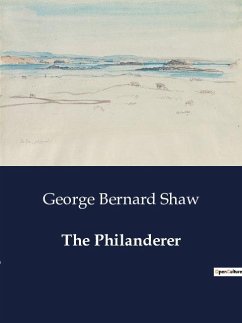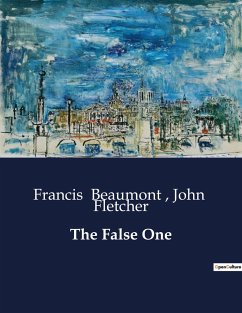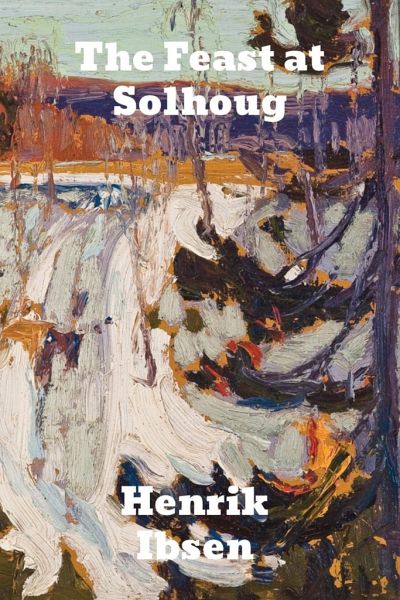
The Feast at Solhoug
Versandkostenfrei!
Versandfertig in 1-2 Wochen
13,99 €
inkl. MwSt.
Weitere Ausgaben:

PAYBACK Punkte
7 °P sammeln!
The Feast at Solhaug is the first publicly successful drama by Henrik Ibsen. It was written in 1855. Part of the strength and charm of this play as well as Ibsen's other early poetic works results from the style of the poetic form and the inherent melody of the old ballads for those who speak Scandinavian languages. The play opens on the day of the feast celebrating the third wedding anniversary of the marriage of Bengt Gauteson and Margit. Erik of Hogge, a friend of Knut Gesling, the King's sheriff, and Knut himself are seeking permission for Knut to marry Margit's sister, Signe. Knut, a warl...
The Feast at Solhaug is the first publicly successful drama by Henrik Ibsen. It was written in 1855. Part of the strength and charm of this play as well as Ibsen's other early poetic works results from the style of the poetic form and the inherent melody of the old ballads for those who speak Scandinavian languages. The play opens on the day of the feast celebrating the third wedding anniversary of the marriage of Bengt Gauteson and Margit. Erik of Hogge, a friend of Knut Gesling, the King's sheriff, and Knut himself are seeking permission for Knut to marry Margit's sister, Signe. Knut, a warlike man, is advised that he must demonstrate peaceful ways for a year before Margit will support the marriage. They are invited to the feast, under pledge that they will be peaceful that night. They depart to look for Margit's kinsman, Gudmund Alfson, who they know to be outlawed and suspect to be nearby. Once they depart and her husband leaves, Margit speaks of her regret in marrying Bengt Gauteson, even though he was a wealthy older landowner. Her woe is captured by her phrase, "I myself am the Hill-King's[1] wife!"





